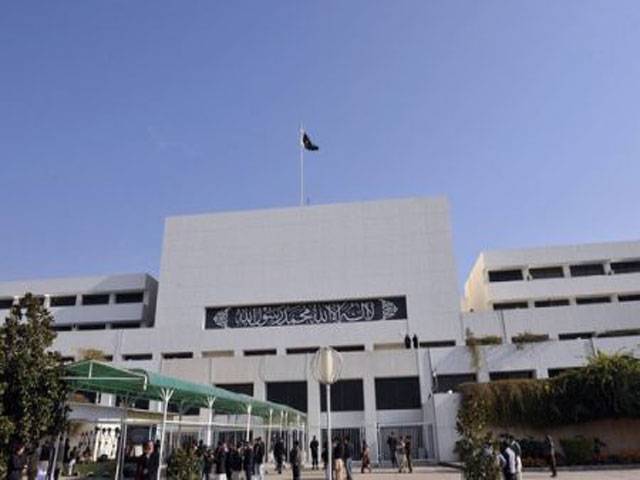Islamabad - Refusing to pay back the excess payments deposited by the electricity consumers due to ‘overbilling’, the government on Thursday announced a four-week long spell of increased loadshedding starting from third week of December 22.
Due to canal closures hydel generation would be minimal and people across the country would have to bear increased loadshedding for 3-4 weeks, Water and Power Minister Khawaja Asif told journalists at his office. According to official data the present power generation is 9,500MW, out of which 3,500MW is coming from hydel sources, whereas the demand is 13,000-13,500MW. After supplying 1,000MW electricity to industry the demand from domestic and other consumers come to 12,000MW. Due to the existing 2,000MW demand-supply gap, the distribution companies are already observing 6-8 hours loadshedding in urban areas whereas in rural areas the duration of blackouts exceeds 9 hours. After the closure of canals the hydel generation would be almost zero and the power deficit would increase to 5,500-6,000MW.
However, the water and power officials say loadshedding duration would not increase from the existing level as they would generate more electricity through thermal source – like they have been doing in the summer. But the generation of power through non-hydro sources would understandably cost consumers heavy bills. When Kh Asif was asked about paying back the consumers the excess amounts they had deposited, as was directed by the prime minister, he said there would be no pay backs. The minister refused that his department had collected excess bills, adding that no money would therefore be returned to consumers.
He said it was not excessive billing, now the audit report is also out and in that report it is mentioned that instead of 30 days bill, consumers were sent 35 days bill, which disturbed the slabs. Due to increase in number of days, 13 to 14 percent more electricity was supplied to consumers and consumers wrongly felt that they have been overbilled, he explained.
The consumers were sent heavy bills for the month of June, July and August, which caused massive protests throughout the country. Prime Minister Nawaz Sharif constituted committee of experts and auditors to find out the reasons of the anomaly and suggest corrective measures.
In its report the audit team reportedly confirmed that consumers were sent excessive bills. According to senate sources the reason for overbilling was reduction of slabs. Five categories were reduced to only two, and subsidy was withdrawn from bulk consumers.
According to officials due to decrease in demand due to winters the electricity generation from furnace oil would not impact consumer bills much, however for the month of December and January the bills may be inflated.
According to officials, due to the uninterrupted electricity supply to industry, on the directions of prime minister, there would be no effect on cost of electricity. The per unit cost industry is paying much more than domestic consumer so they could be provided electricity from high cost fuels or inefficient plants as they pay more than Rs20 per unit which is almost close to the generation cost from furnace oil, an official explained.
The minister admitted that circular debt was again piling up fast but did not gave the figures. In order to eliminate circular debt, government last year paid approximately Rs500 billion, reportedly through printing currency notes which brought down value of rupee against the dollar.
Wednesday, April 17, 2024
Govt denies power overbilling, rules out paybacks

8:54 PM | April 16, 2024
8:53 PM | April 16, 2024
Pride and hype as F1 roars back to China after Covid absence
10:36 PM | April 16, 2024
No let-up in Karachi street crime incidents
10:35 PM | April 16, 2024
Stock market today: Most of Wall Street weakens again as Treasury yields rise more
10:34 PM | April 16, 2024
Muslim K-popstar Daud Kim buys land to build mosque in South Korea
10:33 PM | April 16, 2024
Punjab Stadium unavailability derails National Challenge Cup 2023 Final Round
10:28 PM | April 16, 2024
Political Reconciliation
April 16, 2024
Pricing Pressures
April 16, 2024
Western Hypocrisy
April 16, 2024
Policing Reforms
April 15, 2024
Storm Safety
April 15, 2024
Democratic harmony
April 16, 2024
Digital dilemma
April 16, 2024
Classroom crisis
April 16, 2024
Bridging gaps
April 16, 2024
Suicide awareness
April 15, 2024
ePaper - Nawaiwaqt
Advertisement
Nawaiwaqt Group | Copyright © 2024





